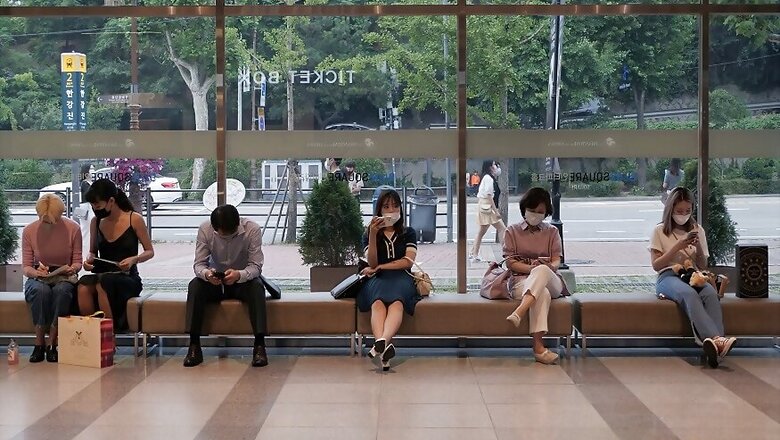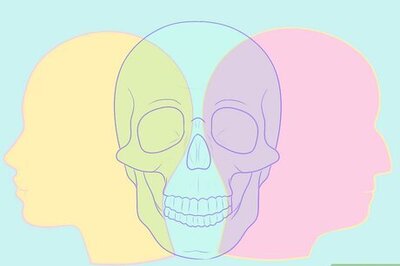
views
Thousands of Protestant church members in Seoul have been asked to quarantine, South Korean authorities said Monday, as the country battles virus clusters linked to religious groups.
The country's "trace, test and treat" approach has been held up as a global model in how to curb the virus.
But over the weekend the capital and neighbouring Gyeonggi province -- between them home to nearly half the population -- banned all religious gatherings and urged residents to avoid unnecessary travel after a burst of new cases sparked fears of a major second wave.
South Korea reported 197 new cases on Monday, taking its total to 15,515, its fourth consecutive day of triple-digit increases after several weeks with numbers generally in the 30s and 40s.
The largest current cluster is centred on the Sarang Jeil Church in Seoul, headed by a controversial conservative pastor who is a leading figure in protests against President Moon Jae-in.
A total of 315 cases linked to the church had been confirmed so far, officials said Monday, making it one of the biggest clusters so far, and around 3,400 members of the congregation had been asked to quarantine.
Around one in six of the church members tested so far had been positive, "requiring rapid testing and isolation," said vice health minister Kim Gang-lip.
But a list of members provided by the church was "inaccurate", he said, making the testing and isolation procedure "very difficult".
The initial outbreak of the virus in the South was centred on the Shincheonji Church of Jesus, which is often condemned as a cult and was also accused of obstructing investigators.
Sarang Jeil's leader Jun Kwang-hun was among the speakers who addressed thousands of right-wing protestors who rallied against Moon's centre-left government in the heart of Seoul at the weekend, despite the outbreak and calls to avoid large gatherings.
The health and welfare ministry and the Seoul city authorities have filed two separate police complaints against Jun, accusing him of deliberately hindering efforts to contain the epidemic.
The leader of Shincheonji -- to which more than 5,000 cases were linked -- Lee Man-hee was arrested earlier this month for allegedly giving inaccurate records of church gatherings and false lists of its members to health authorities.




















Comments
0 comment